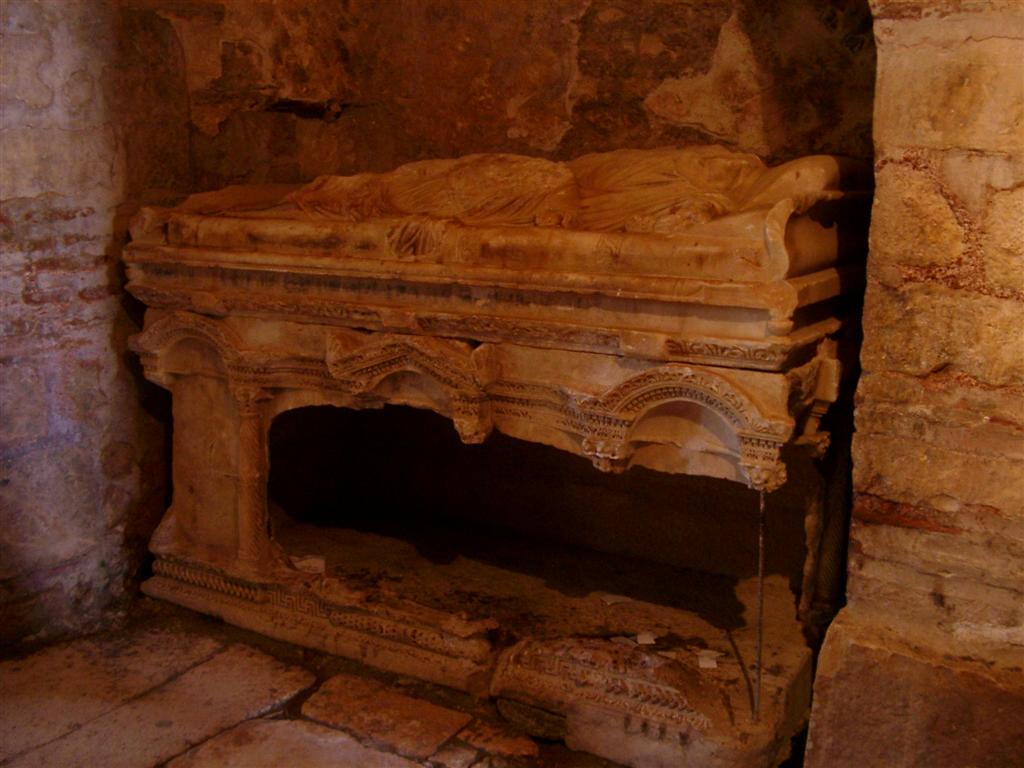New Year's Day is when we often make resolutions for the next year. Usually, these resolutions have about as much positive impact on our lives as resolutions from the Episcopal church's General Convention. This year we should resolve to do better than the Episcopal church and engage in daily Bible study, prayer and worship.
Charles Spurgeon (1834 – 1892) had something to say about prayer that I would like to pass along in hopes that it may encourage us to keep our resolve this year.
Charles Spurgeon (1834 – 1892) had something to say about prayer that I would like to pass along in hopes that it may encourage us to keep our resolve this year.
"Continue in prayer."—Colossians 4:2Inspired? If you are, and if you resolve to up your prayer game next year, just remember that there are other people out there who are praying for you and they have been at it non-stop for 100 years.
It is interesting to remark how large a portion of Sacred Writ is occupied with the subject of prayer, either in furnishing examples, enforcing precepts, or pronouncing promises. We scarcely open the Bible before we read, 'Then began men to call upon the name of the Lord;' and just as we are about to close the volume, the 'Amen' of an earnest supplication meets our ear.
Instances are plentiful. Here we find a wrestling Jacob—there a Daniel who prayed three times a day—and a David who with all his heart called upon his God. On the mountain we see Elias; in the dungeon Paul and Silas. We have multitudes of commands, and myriads of promises.
What does this teach us, but the sacred importance and necessity of prayer? We may be certain that whatever God has made prominent in His Word, He intended to be conspicuous in our lives. If He has said much about prayer, it is because He knows we have much need of it.
So deep are our necessities, that until we are in heaven we must not cease to pray. Dost thou want nothing? Then, I fear thou dost not know thy poverty. Hast thou no mercy to ask of God? Then, may the Lord's mercy show thee thy misery!
A prayerless soul is a Christless soul. Prayer is the lisping of the believing infant, the shout of the fighting believer, the requiem of the dying saint falling asleep in Jesus. It is the breath, the watchword, the comfort, the strength, the honour of a Christian.
If thou be a child of God, thou wilt seek thy Father's face, and live in thy Father's love. Pray that this year thou mayst be holy, humble, zealous, and patient; have closer communion with Christ, and enter oftener into the banqueting-house of His love.
Pray that thou mayst be an example and a blessing unto others, and that thou mayst live more to the glory of thy Master. The motto for this year must be, 'Continue in prayer.'"
--Charles Spurgeon, “January 2 — Morning” in Morning and Evening (Geanies House, Fearn, Scotland, UK: Christian Focus, 1994), 12.
 |
| The Holy Spirit Adoration Sisters, commonly called Pink Sisters |





